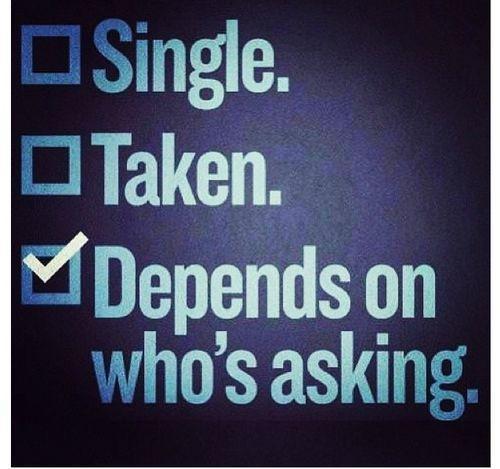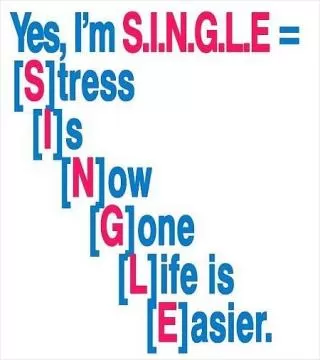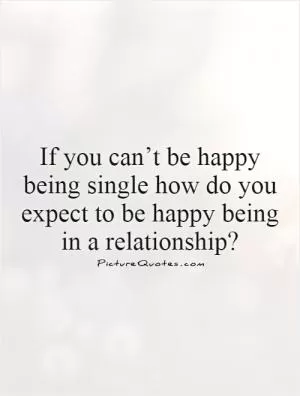Single. Taken. Depends on who's asking

Single. Taken. Depends on who's asking
The phrase "Single. Taken. Depends on who's asking" perfectly encapsulates the complexity and fluidity of modern relationships. In today's society, the traditional labels of single or taken no longer fully capture the nuances of romantic connections. Instead, the answer to whether someone is single or taken often depends on the individual's perspective and the context in which the question is asked.For some people, being single means being unattached and not in a committed relationship. They may be actively dating or enjoying their independence. However, even those who consider themselves single may still be open to the possibility of a relationship with the right person. In this sense, being single is not necessarily a permanent state but rather a reflection of one's current relationship status.
On the other hand, being taken typically implies being in a committed relationship with someone. This could mean being in a monogamous partnership, engaged, or even married. However, even those who are taken may still have varying degrees of openness to other potential connections. Some may be in open relationships or polyamorous arrangements, where they have multiple partners with the consent of all parties involved.
The phrase "Depends on who's asking" highlights the subjective nature of relationship statuses. When someone inquires about whether someone is single or taken, the answer may vary depending on the individual's feelings towards the person asking the question. For example, someone may consider themselves single when asked by a casual acquaintance but taken when asked by a close friend or potential romantic interest.
Ultimately, the concept of being single or taken is not as clear-cut as it once was. With the rise of non-traditional relationship structures and changing societal norms, individuals have more freedom to define their own relationship statuses. The phrase "Single. Taken. Depends on who's asking" reflects this evolving landscape of modern romance and the importance of considering individual perspectives and contexts when discussing relationship statuses.












 Friendship Quotes
Friendship Quotes Love Quotes
Love Quotes Life Quotes
Life Quotes Funny Quotes
Funny Quotes Motivational Quotes
Motivational Quotes Inspirational Quotes
Inspirational Quotes